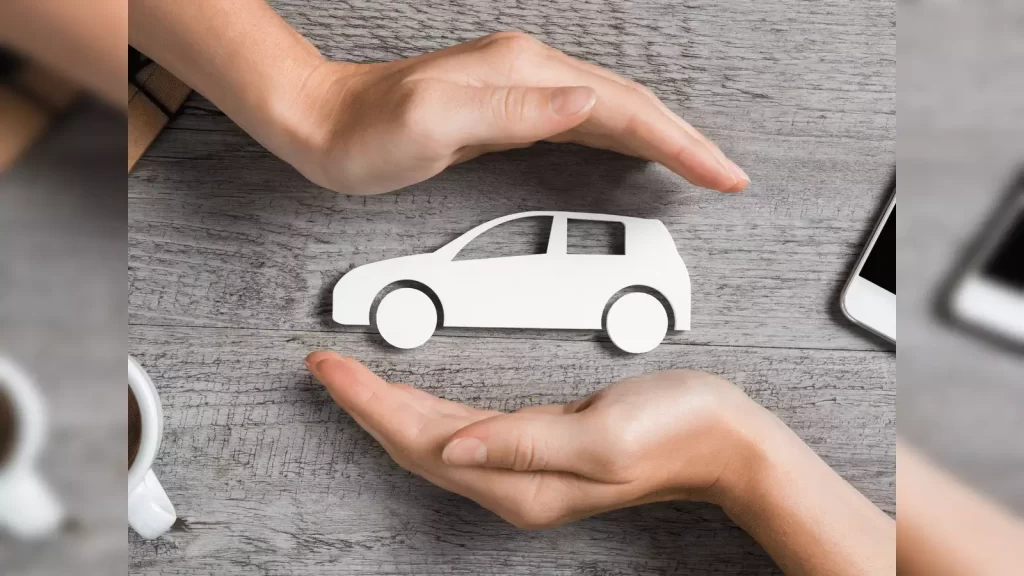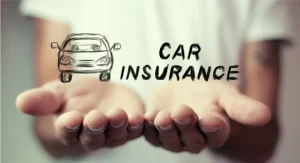Car insurance is an agreement between you and your insurer that covers the costs associated with repairing or replacing your car as well as liabilities caused by injuries to other people and damage to their property.
Most states mandate certain forms of coverage, such as bodily injury liability (which covers other people’s medical bills and property damage); comprehensive and uninsured motorist coverage, which helps cover damages when another driver is at fault; and uninsured motorist coverage which helps cover those damages in case they happen to you.
Liability Coverage
Liability coverage pays for other people’s medical bills and property damage caused by an accident that you cause. Most states mandate minimum limits of $25,000 per person injured and $50,000 total; however, drivers often choose higher limits and also purchase umbrella policies to add extra coverage on top of their auto and homeowners policies.
Property damage liability coverage provides financial compensation when your vehicle collides with someone else’s vehicle or property (like their mailbox or porch). While not required in all states, property damage liability coverage should still be carefully considered for your own good.
Uninsured/underinsured motorist coverage provides essential compensation when an accident involves a driver who doesn’t carry enough coverage or doesn’t carry enough of it at the time. This coverage may cover medical bills, lost wages and rental car fees among other expenses.
Comprehensive Coverage
Comprehensive insurance covers damages to your vehicle caused by circumstances other than an accident, such as natural disasters such as hail and wildfires or theft. It also covers vandalism and animal contact damage. Similar to collision coverage, comprehensive policies often come with a deductible that must be paid before payments commence from insurers on claims made against it.
Decisions on whether you require comprehensive coverage depend on several factors: value of vehicle, financing scenario and financial preferences. Comprehensive coverage is especially essential if leasing or financing your vehicle as your lessor or financier will likely require it.
Some insurers offer additional coverage options you can add to your policy, such as rental reimbursement and mechanical breakdown coverage. These are usually optional coverages designed to increase peace of mind behind the wheel. Some providers even offer accidental death and dismemberment coverage which will pay, without regard to fault, for medical expenses or funeral costs should an injury occur while driving your vehicle.
Collision Coverage
Collision coverage covers damage caused by collision with another vehicle or object such as a highway sign. However, it does not provide coverage against theft, vandalism, or natural disaster damage that are covered under comprehensive coverage. As with comprehensive, collision policies typically come with a deductible that must be met prior to receiving insurance payments for accidents that involve your car; furthermore a claim could increase premiums significantly.
Collision coverage depends on both the value of your car and its deductible cost; if yours is low-value or you have enough savings set aside to repair or replace a damaged one if necessary, you may opt out. But many keep it until their car is paid off; indeed it may even be required by lienholders when financing or leasing it.
Uninsured Motorist Coverage
Uninsured motorist coverage (UM/UIM), required in some states as part of minimum car insurance, covers damages caused by drivers without or inadequate auto insurance policies, such as medical bills and lost income caused by these uninsured or underinsured drivers. Bankrate’s editorial team suggests selecting limits similar to your liability limits when selecting this coverage option.
Uninsured motorist property damage (UMPD) coverage covers repairs to your car when the other driver lacks enough insurance coverage, typically limited per person and per accident. Some insurers combine this coverage with collision coverage into policies known as UMPD/CDW; this policy may waive your collision deductible while also covering both coverages; limits may differ by state. Shannon Martin is an insurance agent and content writer for Bankrate who specializes in helping consumers make sound financial decisions by demystifying complicated insurance terminology.




